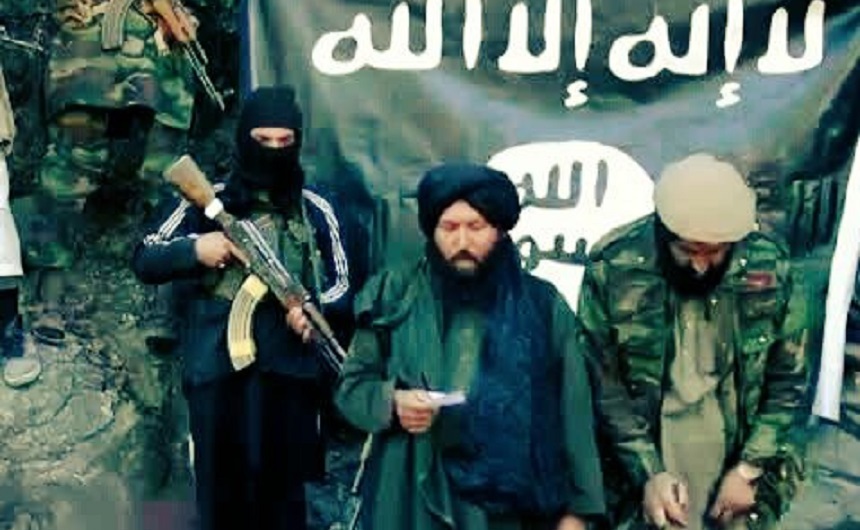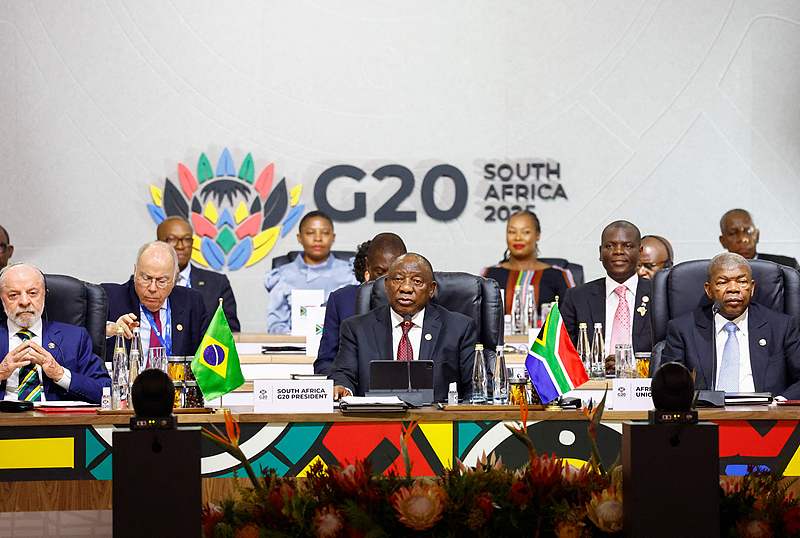
Afghanistan IS leader killed in raid

The leader of so-called Islamic State (IS) in Afghanistan, Sheikh Abdul Hasib, has been killed in a military raid, U.S. and Afghan officials confirmed Sunday.
Hasib is said to have died 10 days ago during a joint special forces operation in eastern Nangarhar province, within a mile or so of the site where the U.S. dropped their “mother of all bombs,” on April 13.
Hasib is believed to have been behind March’s attack on a military hospital in Kabul, killing at least 50 people.
Fifty U.S. Army rangers and 40 Afghan commandos took part in the mission, being dropped by helicopter onto open land – which within minutes was alive with heavy militant fire, the Pentagon said.
Soldiers were forced to call in support from an AC-130 aircraft, F-16s, drones and Apache helicopters.
The Pentagon said Hasib was the target of the attack, but didn’t confirm his death until Sunday.
The raid also resulted in the deaths of several other high-ranking leaders of ISIS-K, the regional branch of the extremist group, and 35 ISIS fighters.
Two U.S. Army soldiers also died in the attack, perhaps from friendly fire, the Pentagon said.
Abdul Hasib was appointed as the leader of IS in Afghanistan last year after his predecessor was killed in a U.S. Army drone strike.
The group has credited Hasib with masterminding the Kabul hospital attack, although some Afghan experts have questioned if both himself and the group had the capability of planning and carrying out such a large-scale operation.






